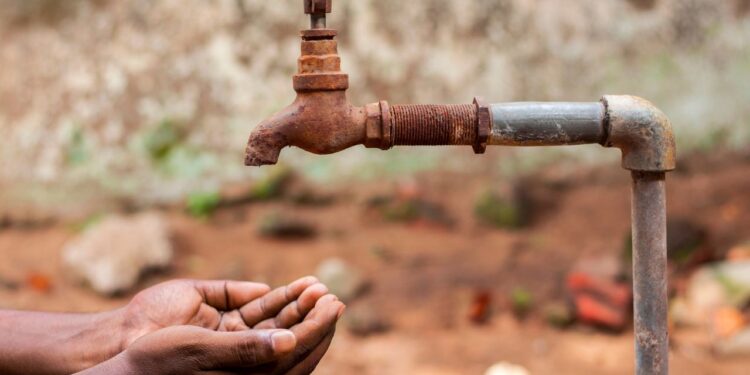Water is a fundamental necessity for life, yet Pakistan stands on the verge of becoming a water-scarce country. With increasing population, poor management, and climate change, the water crisis has emerged as a major public issue that threatens agriculture, human health, and national stability.
Pakistan is primarily an agricultural country, with almost 90% of its freshwater used for farming. However, outdated irrigation techniques, water wastage, and a lack of modern infrastructure contribute significantly to inefficiency. Canals are often unlined, leading to massive seepage losses, while farmers continue to use flood irrigation, which consumes excessive water. As a result, the country loses around 60% of its available water before it even reaches the crops.
Adding to the problem is the lack of water storage capacity. Pakistan relies heavily on a few large dams like Tarbela and Mangla, but these reservoirs are ageing and face sedimentation problems. There is an urgent need for new dams, yet political disagreements and delays in construction projects like the Diamer-Bhasha Dam have made the situation worse. With limited water storage, the country cannot store enough water during the monsoon season to use during dry months.
Climate change is another alarming factor. Melting glaciers in the north, erratic rainfall patterns, and prolonged droughts have made water availability highly unpredictable. Urban centres such as Karachi and Quetta already face daily water shortages, forcing residents to rely on expensive and often unhygienic tanker supplies.
Moreover, water pollution is a growing concern. Industrial waste, untreated sewage, and agricultural runoff have contaminated many freshwater sources, making water unsafe for drinking. This has led to increased cases of waterborne diseases, especially among children.
Addressing this issue requires both immediate and long-term solutions. Public awareness campaigns can educate citizens about water conservation. The government must invest in modern irrigation methods, build new dams, and improve wastewater treatment facilities. Regional cooperation with neighbouring countries for transboundary water management is also essential.
In conclusion, the water crisis in Pakistan is not just an environmental issue, it is a threat to national survival. Timely action, strategic planning, and collective responsibility are crucial to ensure that future generations have access to clean and sufficient water.


